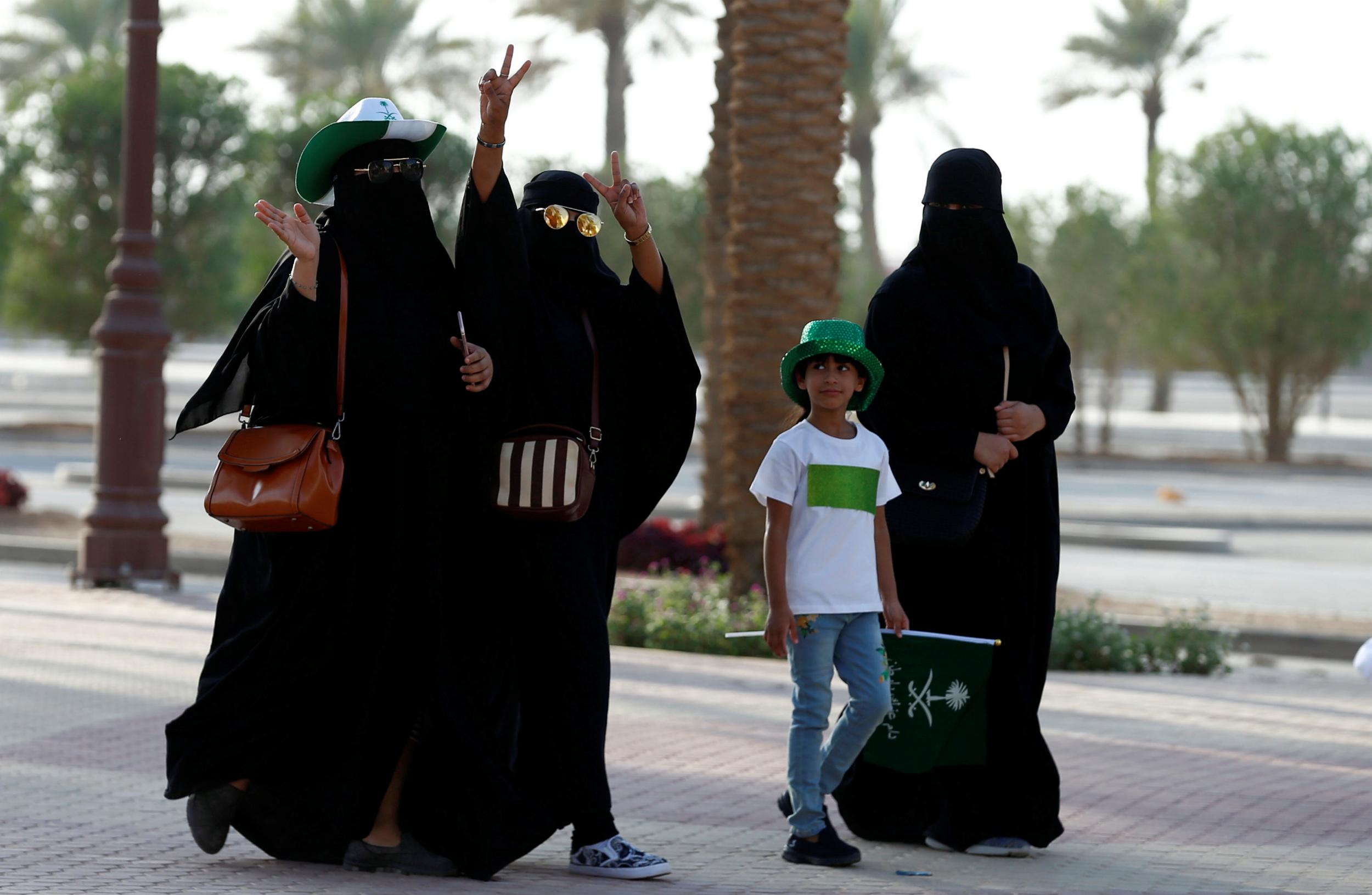Eight things women still can't do in Saudi Arabia
King Salman has promised many reforms for female citizens but important decisions a woman in Saudi Arabia still cannot make for herself include the ability to marry, travel or seek medical treatment

Your support helps us to tell the story
From reproductive rights to climate change to Big Tech, The Independent is on the ground when the story is developing. Whether it's investigating the financials of Elon Musk's pro-Trump PAC or producing our latest documentary, 'The A Word', which shines a light on the American women fighting for reproductive rights, we know how important it is to parse out the facts from the messaging.
At such a critical moment in US history, we need reporters on the ground. Your donation allows us to keep sending journalists to speak to both sides of the story.
The Independent is trusted by Americans across the entire political spectrum. And unlike many other quality news outlets, we choose not to lock Americans out of our reporting and analysis with paywalls. We believe quality journalism should be available to everyone, paid for by those who can afford it.
Your support makes all the difference.The news that King Salman of Saudi Arabia has issued a royal decree finally giving women in the conservative Kingdom the right to drive was met with celebration both inside the country and across the globe.
Saudi Arabia is the only country in the world that does not allow women to drive.
The issue has come to represent all of the human rights abuses Saudi women suffer under the Kingdom’s male guardianship system, which gives a woman’s husband, son or father control over almost all aspects of her life.
“Women’s issues have always been used by the Saudi regime at the right moment in order to disperse bad publicity,” Madawi al-Rasheed, a Saudi Arabian professor of social anthropology at the London School of Economics, told BBC Radio 4’s Today programme on Wednesday.
“We talk about driving as if it is the most important thing - it is important for the women’s movement... but there are certain legal restrictions that are still in place [that are also a pressing issue],” she added. “It’s a long struggle and a long road to serious equality.”
King Salman and crown prince Mohammed bin Salman have implemented “Vision 2030”, a long-term blueprint of economic and social reforms designed to modernise Saudi Arabia and wean itself off reliance on oil revenue.
While there has been promise of several reforms for female citizens so far just a handful of the important decisions a woman in Saudi Arabia still cannot make for herself include:
Marry
Permission to marry must be granted by your wali, or guardian. Women who seek to marry foreigners must obtain approval to do by the ministry of interior, and marriage to non-Muslims is so difficult as to be impossible.
Open a bank account
While there are now a few jobs women in the Kingdom are allowed to do without male permission, such as working as shop assistants or at fairgrounds, they are not allowed to have their own bank account to control their finances without permission.
Get a fair trial
The testimony of a woman is only worth half a man’s in Saudi Arabia’s legal system. Women also only receive half the inheritance their brothers are entitled to.
Travel
Passports and identification cards must be obtained with the permission of a male guardian. Women are usually also not allowed to leave the home alone.
Dress how they want
“Dressing for beauty” is illegal, and modest clothing and make up encouraged.
Full length abayas - a long coat worn over other clothes - must be worn by all women in public, although in recent years rules over the colour, decoration and how headscarves are worn have been relaxed.
Interact with men
Conversations and time spent with men who are not family members is limited. In public, restaurants, universities and other spaces have both a ‘family’ section and a section reserved for men.
Seek important medical treatment
Even life-saving operations and procedures require the written signature of a male relative.
Have custody of children
In cases of divorce, women are only allowed custody of their children until they reach the age of seven (boys) and nine (girls).
Join our commenting forum
Join thought-provoking conversations, follow other Independent readers and see their replies
Comments